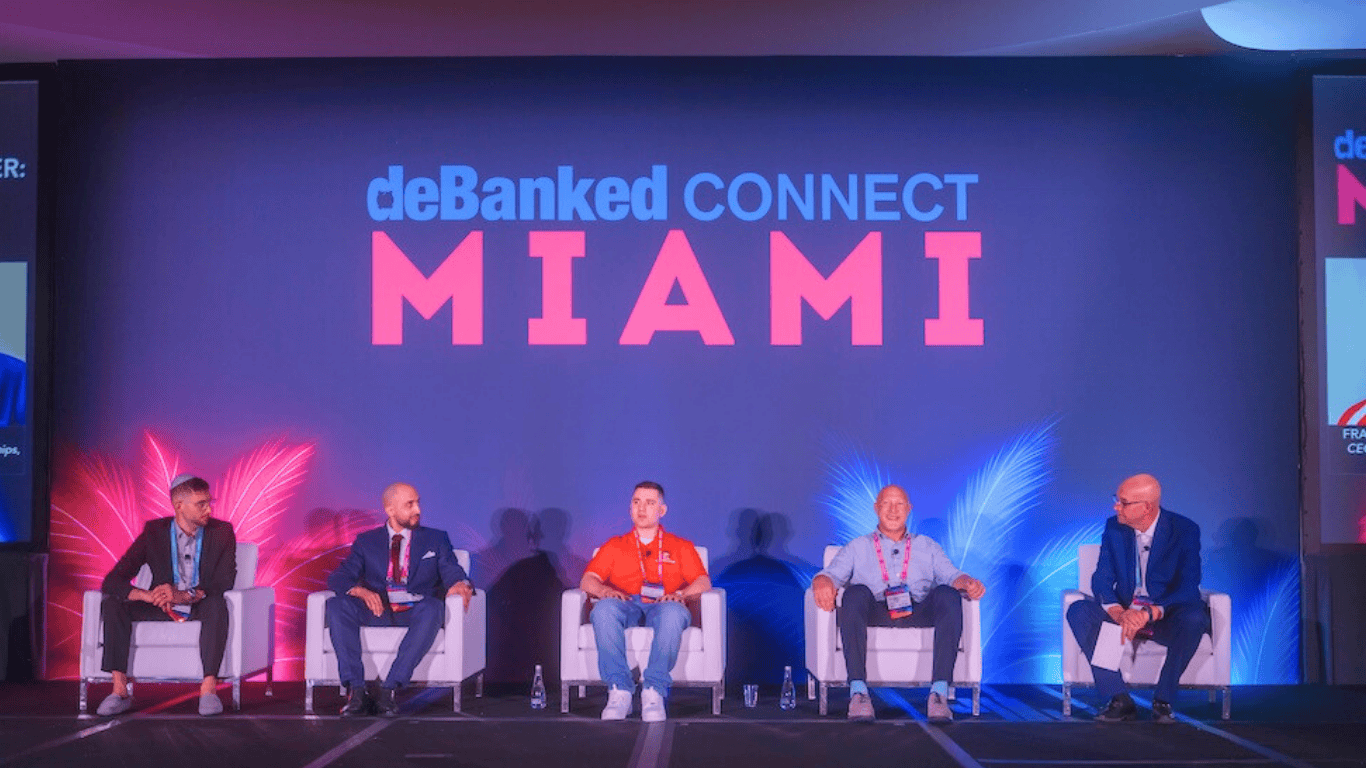While a business with "Pending Inactive" status in Virginia may technically still be operating during this transitional period, this status flags an imminent loss of good standing and legal authority if the underlying issues are not swiftly addressed. It signals that the entity is on the brink of becoming fully "Inactive," a status that explicitly indicates an inability to conduct business legally.
Here’s why this distinction is paramount and how it impacts your lending strategy:
1. Understanding the "Pending Inactive" Status The "Pending Inactive" status in Virginia functions as an early warning system, indicating that a business entity is nearing a state of non-compliance. This status arises when an entity is approaching a deadline for fulfilling legal obligations, such as filing annual reports or paying required fees. Failure to meet these deadlines will inevitably lead to a shift from "Pending Inactive" to a full "Inactive" status, directly impacting its legal operability.
- Precursor to Non-Compliance: This status serves as a red flag, signaling that the business is facing an upcoming deadline for crucial filings or fee payments. It's a critical window where proactive measures can still prevent full non-compliance.
- Risk of Losing Good Standing: Should the business fail to meet the stipulated requirements, its "Pending Inactive" status will escalate to "Inactive," resulting in the definitive loss of its good standing with the state. This can have severe repercussions for its legal and operational capacity.
- Imminent Operational Issues: While not yet fully inactive, the "Pending Inactive" status strongly suggests potential financial or operational issues that are preventing the business from maintaining its compliance. This directly affects a lender's risk assessment.
2. Legal Operability and Lending Risk: A Tightrope Walk A business in "Pending Inactive" status is treading a dangerous line. While it might not yet be legally prohibited from operating, its standing is precarious. From a lender’s perspective, this status transforms the entity into a high-risk proposition, demanding immediate and thorough due diligence.
- High-Risk Lending Proposition: Lenders should approach businesses with "Pending Inactive" status with extreme caution. This status signals potential financial distress or operational challenges that could severely impede the business's ability to generate revenue and, consequently, its capacity to repay loans.
- Impact on Creditworthiness: The very presence of a "Pending Inactive" status can significantly negatively impact a business's perceived creditworthiness. It raises questions about financial management, administrative diligence, and overall business stability.
- Erosion of Legal Standing: Critically, if the issues leading to the "Pending Inactive" status are not resolved, the business will transition to "Inactive" status, at which point it is explicitly not authorized to conduct business in Virginia. This progression represents a direct threat to the legal enforceability of loan agreements and the recoverability of funds.
3. Leveraging Advanced FinTech Solutions for Proactive Risk Management For alternative lenders processing high volumes of applications, manual monitoring of evolving business statuses like "Pending Inactive" is inefficient and exposes your portfolio to undue risk. This is where Cobalt Intelligence's Secretary of State (SOS) API offers a transformative solution, providing the real-time visibility necessary for agile decision-making and enhanced fraud prevention.
- Real-Time Data for Proactive Insights: Cobalt Intelligence's SOS API connects directly to state databases, including Virginia's, providing real-time data retrieval. This means you'll be instantly alerted to a "Pending Inactive" status, allowing your teams to address the risk before it escalates to a full "Inactive" state. This live data is crucial in the fast-paced lending environment where business information can change rapidly, minimizing the risk of decisions based on outdated information.
- Automated Verification and Risk Mitigation: The API automates business verification processes, pulling critical information like entity status, formation dates, and officer details directly from official state records. This enhances fraud detection by flagging inconsistencies or impending non-compliance, enabling you to identify and decline risky applications before capital is deployed. OneWest, a leading small business lending marketplace, significantly reduced fraud risk by verifying application data against official state records through Cobalt's API.
- Comprehensive Due Diligence Toolkit: Beyond real-time SOS data, Cobalt Intelligence offers a multi-layered approach to risk assessment. Its services include TIN (Taxpayer Identification Number) verification to confirm tax IDs against IRS records, and UCC (Uniform Commercial Code) filing data to instantly detect existing liens and financial obligations. For lenders in specific sectors, such as construction, Contractor License Verification ensures compliance and reduces risk associated with unlicensed operators. This comprehensive toolkit ensures you have a holistic view of the borrower's legitimacy and financial standing.
- Streamlined Integration and Operational Efficiency: Cobalt Intelligence’s API is designed for seamless integration into your existing loan management systems, CRMs, and underwriting platforms, often requiring less than a week for core implementation. This automation frees up valuable human resources from tedious manual lookups, allowing your compliance and underwriting teams to focus on higher-value tasks and critical cases. As seen with General Merchant Funding, Cobalt's integration transformed their underwriting process, automating state-by-state verification and streamlining judicial searches.
In essence, while a "Pending Inactive" status in Virginia indicates an immediate, yet potentially reversible, threat to a business's legal standing and operational integrity, it is a clear signal for lenders to proceed with extreme caution. By integrating a robust solution like Cobalt Intelligence's API, you gain the unparalleled visibility and automation needed to swiftly identify such critical status changes, mitigate emerging risks, and ensure your lending decisions are always backed by the most current, verifiable data. This isn't just about compliance; it's about building a more resilient and efficient lending ecosystem in an increasingly complex market.












.png)